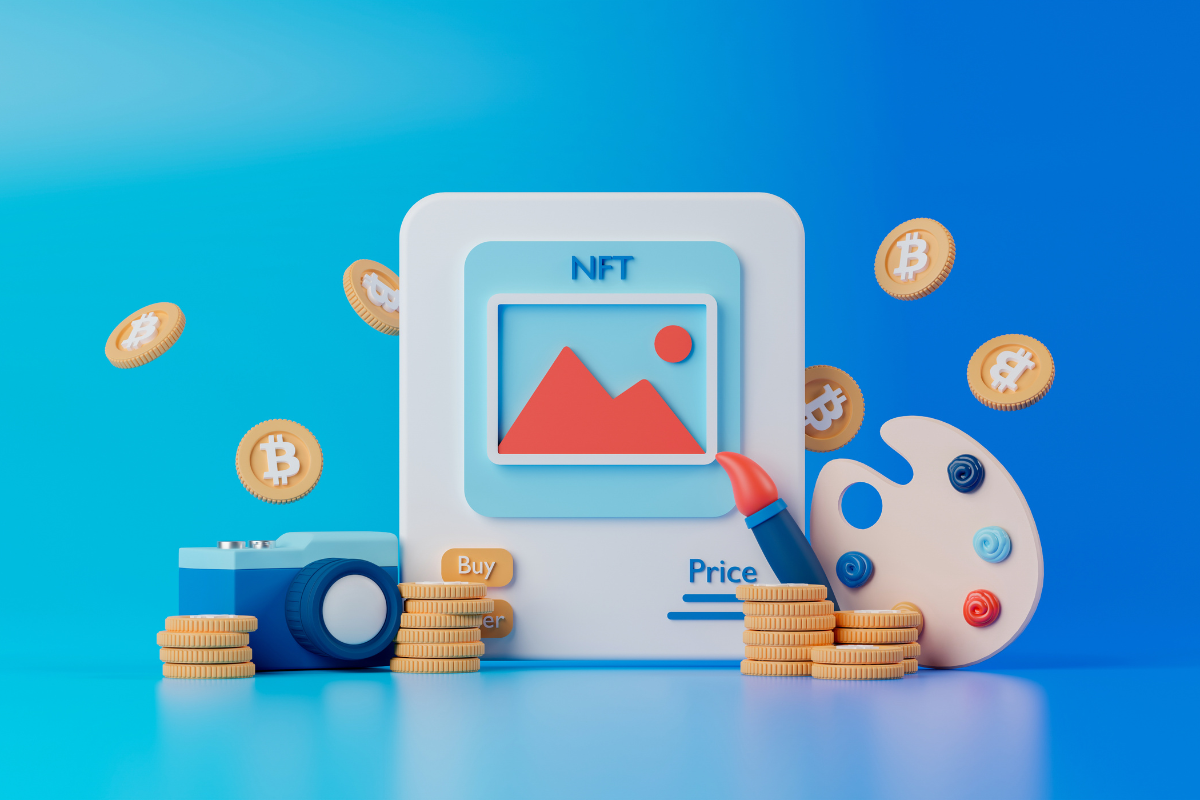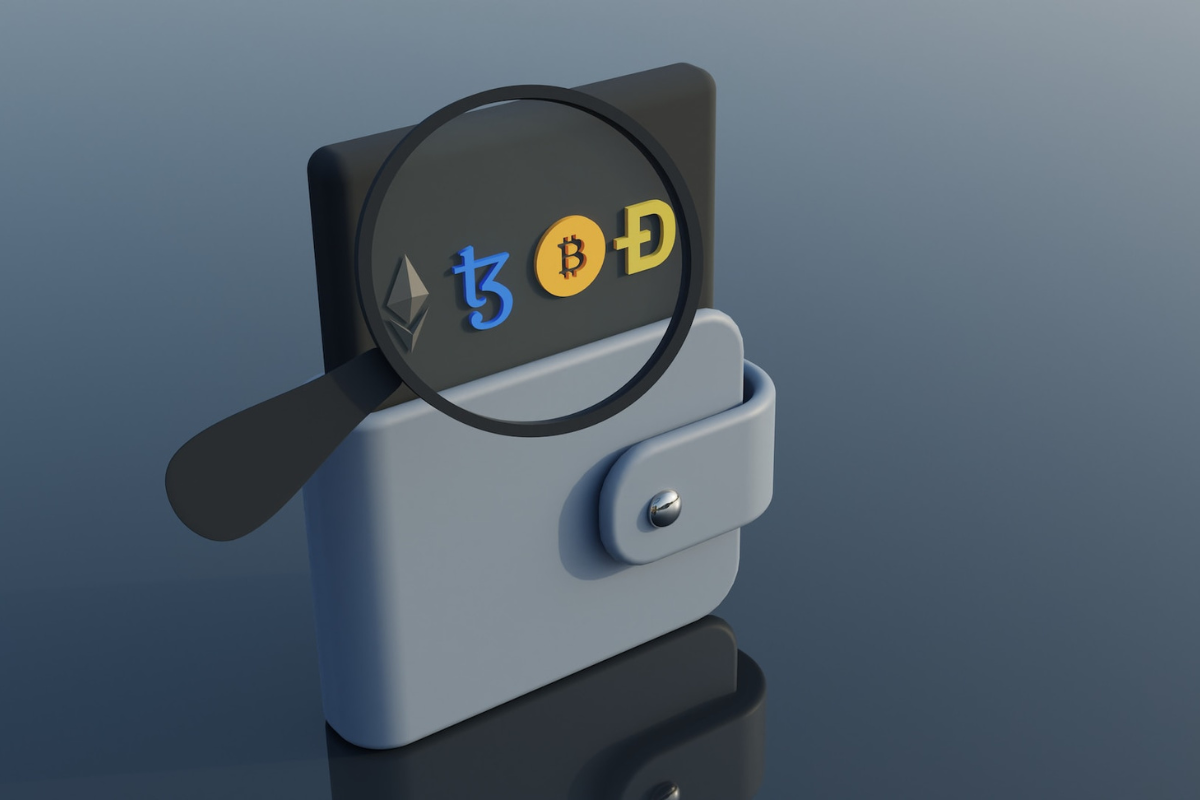Have you ever been to a casino? The glitz, the glamour, the adrenaline rushing through your veins as you put it all on red and hope for the best?
Well, buckle up because the world of finance is about to get much more thrilling with the advent of security tokens.
Now, hold on a minute. Before you start picturing a bunch of tokens guarding a bank vault, let’s decode the powerhouse fueling security tokens’ future.
Post Contents
Understanding Security Tokens
Imagine a traditional stock. You know, those pieces of paper that used to represent a share in a company? Well, security tokens are like the cool, modern cousin of stocks.
Instead of paper certificates, security tokens are a digital representation of ownership rights in an asset, whether a company, real estate, or even a piece of art.
These tokens are built on blockchain technology, making them highly secure and transparent. Each token is unique and holds all the necessary information about the underlying asset it represents.
Think of it as your VIP pass to the world of investment. Companies like POLYX are at the forefront of this technological advancement, offering innovative solutions and platforms for issuing and trading security tokens.

Advantages Of Security Tokens
So why all the hype around security tokens? They come with many advantages that traditional securities can only dream of.
1. Increased Liquidity
One of the most significant advantages of security tokens is their ability to increase liquidity in traditionally illiquid markets.
By allowing investors to buy and sell tokens on secondary markets, security tokens make it easier for investors to trade their assets without intermediaries or complex paperwork.
This increased liquidity opens up new avenues for investors to maintain and diversify their portfolios and easily access new investment opportunities.
2. Accessibility For All Investors
Security tokens have the potential to democratize investment like never before. With traditional investment models, only accredited investors have access to specific asset classes and investment opportunities.
However, security tokens can open up these opportunities to a much wider pool of investors.
By tokenizing assets and offering fractional ownership, security tokens allow retail investors to participate in markets that were once only accessible to the wealthy few.
3. Enhanced Transparency And Security
In the age of blockchain technology, transparency and security are no longer optional but imperative.
Security tokens built on blockchain platforms provide enhanced transparency and security by recording all transactions on a decentralized ledger.
This reduces the risk of fraud and tampering and allows investors to easily track the ownership and transfer of tokens in real time.
With security tokens, investors can have peace of mind knowing that their investments are secure and transparent.
Challenges Of Using Security Tokens
It would only be fair to discuss the advantages by mentioning the challenges. Here are some of the challenges of using security tokens:
1. Regulatory Uncertainty
The regulatory landscape surrounding security tokens is still evolving, posing a significant challenge for businesses and investors.
Different jurisdictions have different regulations and definitions for security tokens, making it challenging to navigate the legal requirements and ensure compliance.
This regulatory uncertainty creates a barrier to entry for many businesses and limits the potential growth of the security token market.
2. Lack Of Investor Education
Despite the potential benefits of security tokens, investors still need more awareness and understanding.
Many investors need to become more familiar with the concept of security tokens and the technology behind them, which hinders adoption and investment in this space.
Education and awareness initiatives are needed to bridge this knowledge gap and empower investors to take advantage of the opportunities presented by security tokens.
3. Technical Challenges
Implementing security token infrastructure can be complex and technically challenging.
Businesses need help tokenizing their assets, from developing smart contracts to ensuring the security of tokens and wallets.
Overcoming these challenges requires expertise in blockchain technology and a deep understanding of the security token ecosystem.

The Future Of Finance With Security Tokens
Now that we’ve got the basics out of the way let’s talk about the future. The world of finance is about to get a seismic shake-up, and security tokens are leading the way.
First and foremost, security tokens have the potential to democratize investing. No longer will investing be confined to the elite few with fat bank accounts.
Anyone, even your broke college buddy, can invest in high-value assets thanks to fractional ownership. This could level the playing field and open investment opportunities to a new audience.
But the impact continues beyond there. Security tokens also have the potential to revolutionize fundraising. Traditional methods like Initial Public Offerings (IPOs) can be expensive and time-consuming.
Security tokens offer a more efficient and cost-effective way for companies to raise capital.
With tokenization, companies can sell fractions of their equity to a global pool of investors, bypassing all the intermediaries and reducing costs.
Conclusion
So, there you have it. Security tokens are the powerhouse fueling the future of finance. They offer liquidity, fractional ownership, and the potential for democratization and efficiency.
However, they come with their fair share of challenges, mainly in the regulatory space.
As the technology matures and regulators catch up, we can expect security tokens to become more mainstream.
The world of finance is about to get a whole lot more exciting and accessible, and it’s all thanks to these digital tokens. So, buckle up, folks, because the future of finance is about to get tokenized!






























